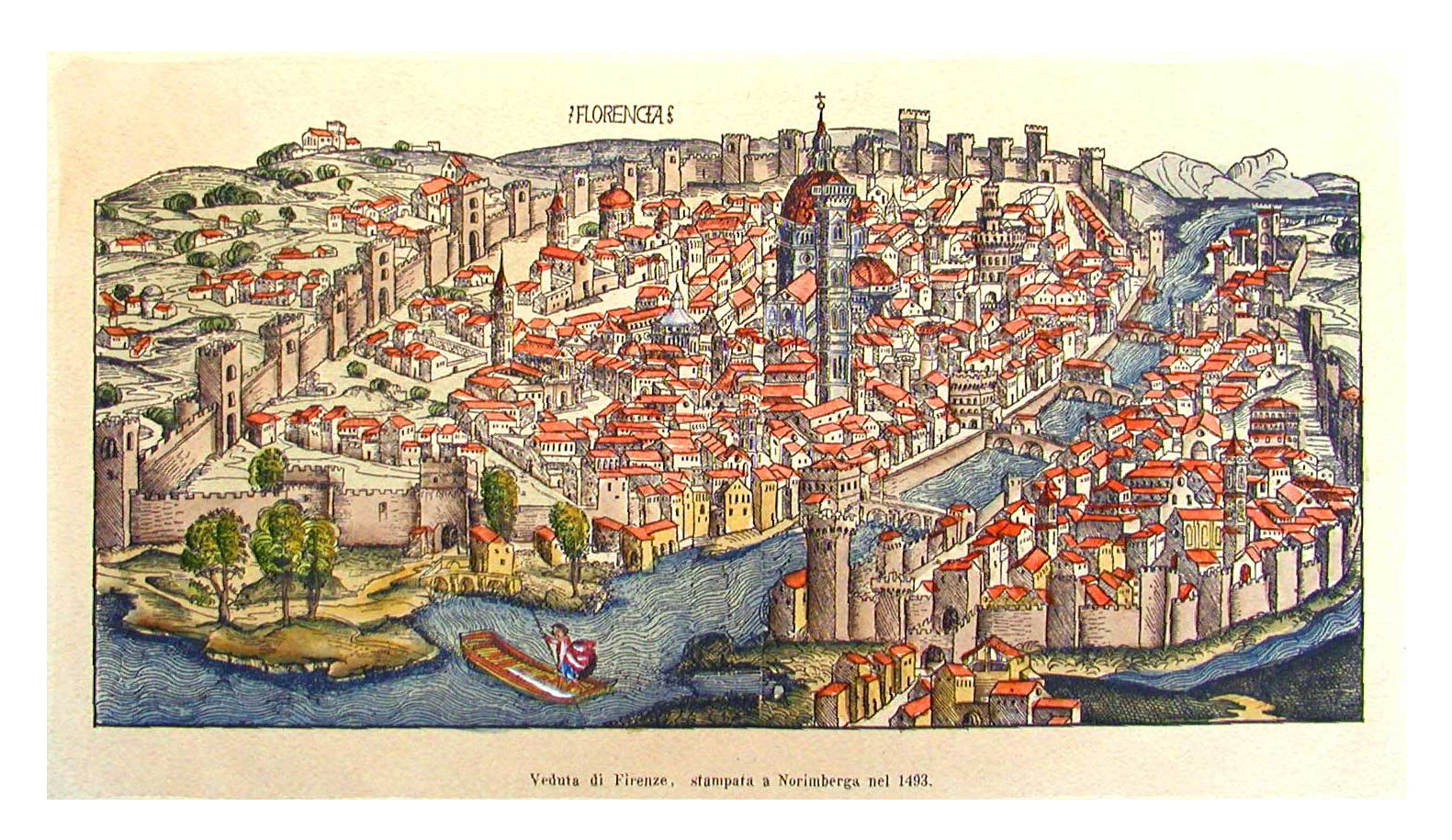Textuality » 4BLS Interacting
Renaissance Florence
Cradle of capitalism
Text of the article: Renaissance Florence: Cradle of capitalism
 In the present work I'm going to analyze an article from the magazine, Books and arts, of The Economist, published on April 16th 2009. The interesting article of The Economist is entitled Cradle of capitalism, in addition the first title (Renaissance Florence) furnishes two important information: the time (Renaissance) and the place (Florence). In fact the article is intended to furnish some information about the first capitalism in Florence and the Richard Goldthwaite's linked studies about this phenomenon.
In the present work I'm going to analyze an article from the magazine, Books and arts, of The Economist, published on April 16th 2009. The interesting article of The Economist is entitled Cradle of capitalism, in addition the first title (Renaissance Florence) furnishes two important information: the time (Renaissance) and the place (Florence). In fact the article is intended to furnish some information about the first capitalism in Florence and the Richard Goldthwaite's linked studies about this phenomenon.
The article is organized into four sections. In the first paragraph there are a general information about Richard Goldthwaite and his research of the primordial capitalism. The time taken into account is the period between the 13th and 16th centuries. On the other hand the obvious place is the city of Florence.
In the second part or the article some important information about the economic and social history of Renaissance Florence are brought to surface. The different links of the economic situation of the city with the general economic situation in Europe are very important, in fact Florence had many trades with others European countries. There is also a refer to Black Death of the period between 1340s and 1350s.
In the third part the attention is focused on Richard Goldthwaite’s research. It is curious to notice that in this part of the article the language acquires an economic connotation with a very specific economic language. You can notice a lot of references to history of Florence and its economy, like references to Cosimo and Lorenzo de’ Medici, the development of bills of exchange, the church’s usury laws, the first bankers, the first capitalists and the new economic rules. Along with this references there are also some with Giorgio Vasari’s quotes and with some information about the economic competitiveness of Florence with Antwerp and Bruges.
Finally the article finished with some consideration about the role of Florence in Europe and Mr Goldthwaite’s quote, from his research, that underlines the artistic and architectural richness, result of the assets invested on human abilities.
In the first three paragraphs the language is intentionally simple and within everyone's means. On the contrary in the fourth paragraph the language starts to become more complex and specific, addressed to readers expert in economic issues. The article is also intended to invite the readers to consider Richard Goldthwaite's research and to reflect upon the role of Florence in the history of the economy and the capitalism.









